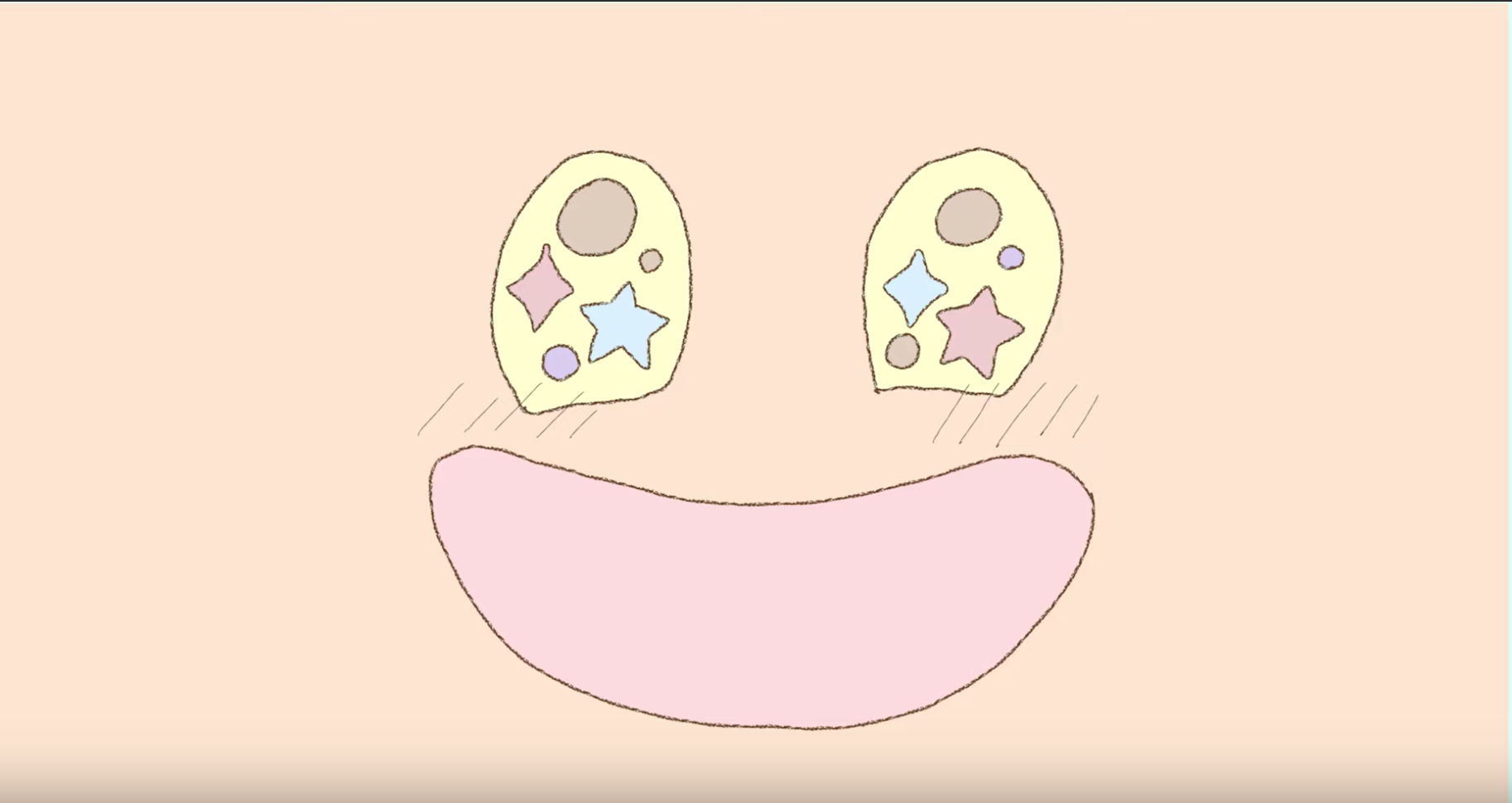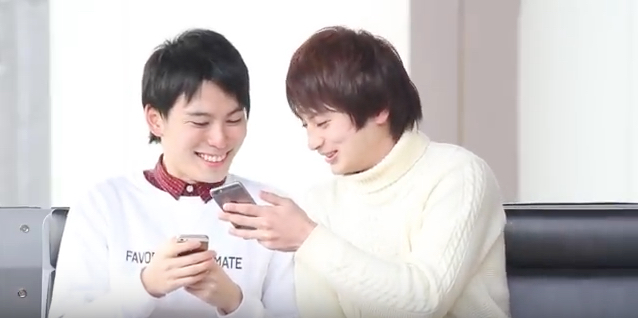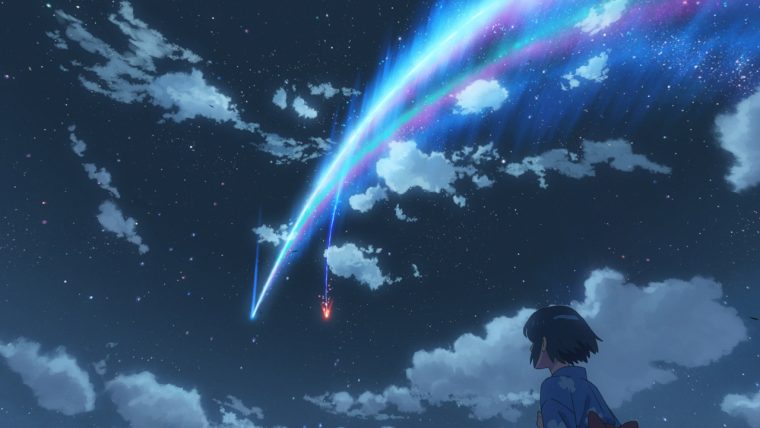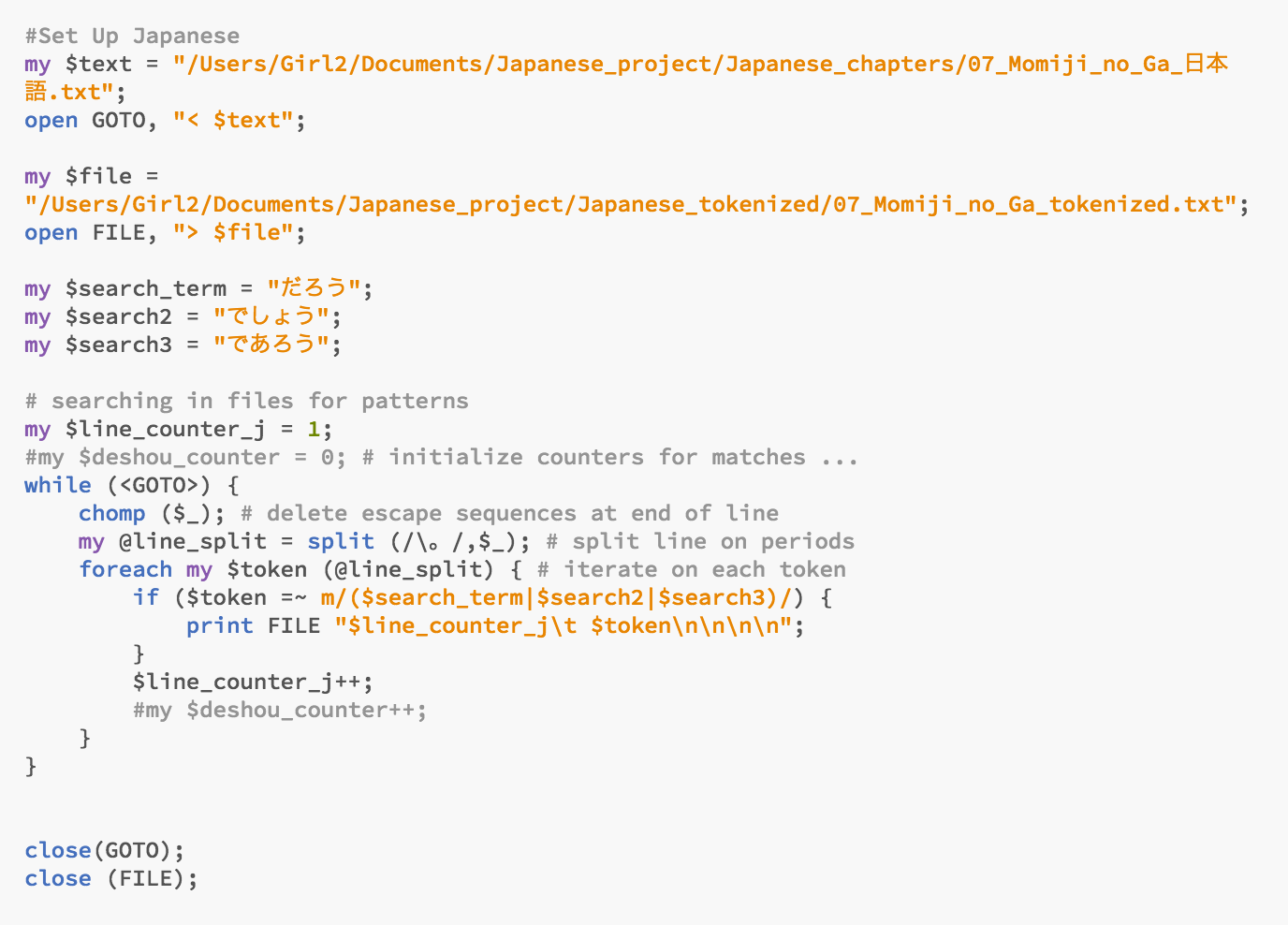Video Origin: Official YouTube Channel of Doshisha Women’s College of Liberal ArtsLink: https://www.youtube.com/watch?v=vqTKpRX6RTM&authuser=1
Translators: Maddie Haines and Sofia Trotta
The Japanese script and the English translation
<ピアノ>
Piano playing
パパとママ愛し合って、僕が誕生しました。
Mom and Dad made love and I was born.
<ピアノ>
Piano playing
うわー!エー?
Wow! Huh?
まさか赤ちゃんができるの。
No way, you know we can’t deal with a baby right now!
エー?
What!
あの時しっかりひにんしとけばよかった。
If only we’d done this right and used birth control!
俺たちまだ、学生だよ!
We’re still students, you know!
「おめでとう」って、言われたかった。
I just wanted to hear my parents say ‘happy birthday’ to me.
<悲しいピアノ>
Piano playing sadly
“AC Japan”
About the video (the gist of the video)
This video is encouraging people to take a moment and think about the weight that abortion has on human life. Since abortion seems to be more common these days, it is easier to take it lightly when in reality there is a baby’s life in your hands.
Intended audience
Those considering abortion, and more specifically those in their twenties.
Challenges when translating the video clip, solutions, and the rationales
Translating sentence-final words like 「の」and「だよ」was difficult, because words that are similar structurally in English sometimes have slightly different meanings or evoke different feelings than their Japanese counterparts. I decided it was more important to preserve the tone than the placement of a word at the end of the sentence, so in the case of the sentence that ended with 「の」, I made sure the final English translation had the same feeling as the original, without translating the word itself.
When looking at「まさか」we had different translations. One was “there’s no way” and the other was “actually”. We settled on the exclamation “no way” because it better fit the sentence structure, and was more similar to the Japanese tone in the video.
After interviewing the creator, another challenge was added. We wanted to preserve the intentions of the creator so that English speakers would hear and understand it, and so we had to go back and alter some translations to better reflect this intent. While abortion is a politicized debate in America, the creator wanted to focus on the emotional and personal aspect and so with that in mind, we rethought some of the translations.
Where the most creativity was applied
The parent’s phrases included words that were difficult to translate into English and keep the same grammar and feeling. I’ve already discussed 「の」and「だよ」, where I approached the problem by paying attention to tone rather than just focusing on translating the words and grammar directly. The woman’s line, however, was also somewhat tricky, since a word-for-word translation was awkward, and most of the ways I could think of to make it sound more natural involved fudging the meaning of 『しっかり』and leaving 「あの時」out entirely. Like before, I tried to salvage the tone and worry less about finding the best equivalent of each word.
「あの時」was tricky because in English, every translation that included it sounded to me like it added a piece of information that wasn’t there. Was there a specific time when they should have used birth control? You’d think not- if they were using it regularly, it would be strange if it was just this one time when they didn’t use it. If they didn’t use birth control regularly, then any other time would have been just as inopportune. Did they only have sex once? They wouldn’t know she was pregnant until quite a while after that, and you wouldn’t think their birth control habits would change in that time frame. Have they broken up? Has their relationship changed so that there’s a meaningful ‘back then?’ I didn’t want to add confusion or insinuation where there wasn’t any in the original, so I simply didn’t translate this. This decision was validated after speaking with the original creator, who verified that it wasn’t referring to a particular time that we needed to explicitly draw the readers’ attention to in contrast to some other implied time.
Our previous titles had to do with the genetic aspect of conception and abortion. However, after speaking to the creator of the video, we were able to understand the story behind the video. The purpose of the video was to draw attention to the emotional depths that the process of abortion can carry and to argue that it is not a decision to be taken lightly. When rethinking the title, we wanted to incorporate that emotion and message into the title.
Advice for students who are interested in translating videos
Always consider the intent of the creator by getting in touch! They will have great insight into the tone your translation should evoke in viewers.
Overall experience and thoughts on translation
(Sofia) I enjoyed translating this video and speaking with the creator. Specifically, about the tone, the translation should take. In America, abortion is often talked about through a political lens so it was interesting to take the perspective the creator was suggesting. It was also interesting to alter specific words to change the whole tone of the video.
(Maddie) I enjoyed translating this video, especially the sections that could have multiple translations. Trying to figure out how to best convey a meaning while making minimal changes to the original phrasing was an enjoyable challenge, and often pushed me to consider many different translations and weigh their justifications against each other rather than quickly settling on just one.
How interviewing the creators influenced the translation process? How did you reflect their comments when revising your draft?
When we first started translating this video, we knew its message didn’t fall along the political lines that abortion discussions tend to fall along in the United States, but we weren’t sure precisely what argument the creator was trying to make. Talking with the creator and learning that the story of the video came from a personal experience with a friend, and that the message of the video was the importance of consideration and serious thought before making a decision to get an abortion or not. This influenced how we translated some sections of the video, and allowed us to make decisions about where we should try and preserve the original phrasing and grammar as much as possible, and where we should make changes so that the intent came through.




Even if there is differences between English and Japan when we translate the sentence, I’m glad that you tried to make English translation has the same feeling as original with tone. Because of your awesome work, this translation can tell people that abortion is serious.
Sincerely,
Moena Kawasumi